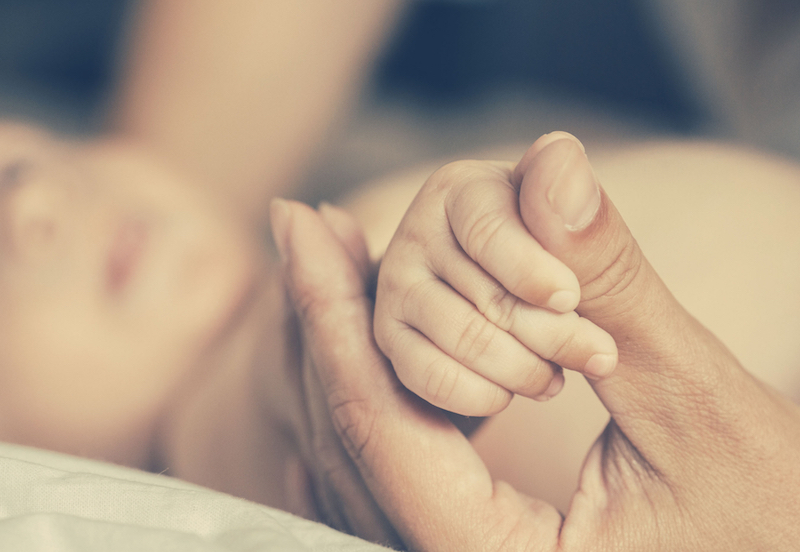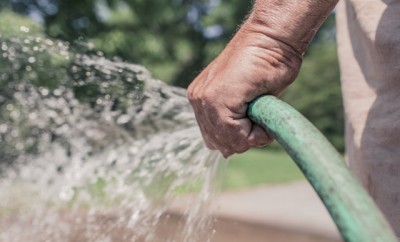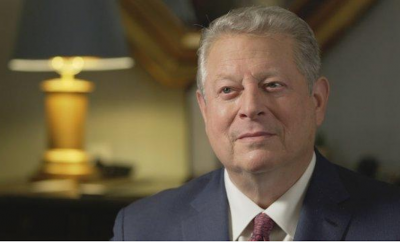Environment
Hot topic: Having children in a warming world

Image: Shutterstock/Irina Bg
As the world gets warmer and climates begin to change, society is faced with tougher decisions all the time. From reducing our carbon footprint to changing dietary choices to purchasing hybrid or electric cars, modern citizens are forced to consider realities that past generations never dreamed of. Of course, the past has had plenty of strife and hardships to work through. But the future of our planet is undoubtedly insecure, which means it’s now time to consider all of the options.
While eco-friendly lifestyle choices are incredibly important, a new and extremely consequential moral quandary is floating down the pipeline. We’ve been telling ourselves for decades that we’re setting up future generations for environmental disaster. The vague “future” we cling to is, according to research, shrinking. The Earth’s temperature could increase by two degrees celsius by mid-century and four degrees by 2100, triggering a series of environmental consequences. Another projection? By 2100, it’s estimated that the global population will increase to eleven billion.
With these devastating statistics in mind, many young people are questioning whether it’s moral to bring children into a world marked by overpopulation, frequent ecological disasters, and an uncertain future.
Of course, innate human biology and hefty societal influence means bringing children into the world feels natural and good. It’s nearly impossible (for those who want kids) to fight against the deeper urge that drives all animal life: procreation. The topic is highly personal and even has political baggage.
When China phased in a one-child policy in the late 1970’s, there was plenty of global controversy. What China saw as an important step in limiting population, other countries saw as an infringement on basic human rights. Whether the law had a successful outcome is debatable, but most Americans would probably agree that the government has no right in dictating such a decision.
That leaves the question of morality up to everyday people. Is bringing children into such a world inherently unethical? Can the next generation help change the world for the better? It’s a major “catch-22” and the correct answer remains unclear and relative.
Travis Rieder, a philosopher at the Berman Institute of Bioethics at Johns Hopkins University in Baltimore, believes a new thought process on procreation should replace the old one. He sees his “one and done” concept as the perfect hybrid: participate in the most fulfilling part of life, while also consciously limiting future choices. In other words, have a child by all means, but think long and hard before you have another one. Rieder and his wife take the concept seriously and, after having their first child in 2014, will only consider adoption in the future.
Does the prospect of a changing global climate cause you to pause and wonder what the future will look like for your children? If so, you’re not alone. Let us know your thoughts in the comments.





0 comments